Exporters are concerned about the recent depreciation of the euro against the dollar. The exporter, which imports a significant part of the raw material in dollars, but makes more than 50 percent of its exports to the EU, whose income is predominantly in Euro, writes a parity loss. The Euro/Dollar parity, which was 1.18 last month, is now below 1. He states that the decline of the Euro against the EU Dollar caused a loss of income of up to 10 percent in exports. Exporters are calculating to turn to countries that trade in dollars instead of EU countries that import with Euro. According to exporters, the decline in Euro/Dollar parity poses a greater risk than recession. The parity is also of great importance outside of foreign trade. More than 40 percent of Turkey's tourism revenues,
Adil Pelister, Chairman of the Board of Directors of the Istanbul Chemicals and Products Exporters' Association (IKMIB), said, "I hope it will not be permanent. Dollar/Euro parity is below 1 and with the EU Central Bank not raising interest rates, Euro may go down to 0.90. If it falls below these levels, it seems that both our business world and our public financial system will have to resort to other measures in this regard.”
“Our transition from euro to dollar is not easy”
Noting that the strengthening of the dollar is against them and negatively affecting the export-import balance since they export mainly in Euro, Pelister said, “We think that the transition from Euro to US Dollar in our foreign trade with Europe will not be easy in terms of its effects on the Turkish economy, foreign trade and Turkey's financial system. . It is not easy for our foreign trade with Europe to turn into dollars, both socially and economically.”
Stating that the interest rate hike by the European Union Central Bank, the Russia-Ukraine crisis and the potential problems in energy are some of the effects on this parity, Pelister said, “However, it is seen that the EU Central Bank cannot increase interest rates quickly. Because when the interest rate increases, it is thought that the already existing recession risk in Europe will accelerate and be realized. For this reason, we can predict that the parity will remain low in this way for a while.”
“The return of parity causes loss in the sector”
Ahmet Öksüz, President of Istanbul Textile and Raw Materials Exporters' Association (İTHİB), also stated that the rapid increase in the parity in favor of the dollar created a situation they did not want, and said, "Because our sector's exports are predominantly over Euro." Underlining that Europe has a market share of more than 50 percent in Turkey, Öksüz said, “Since raw material is traded mostly in dollars, we import raw materials in dollars. That's why we have a problem," he said. Evaluating the effects of this, Öksüz said, “The rapid return of the euro/dollar parity causes profit loss in the sector.” Evaluating the situation of being an alternative to the Far East, Öksüz said, “We also need to increase our unit prices in Euro terms.”
Parity concerns also gripped ready-to-wear manufacturers
Burak Sertbaş, President of the Aegean Ready-to-Wear Clothing and Apparel Exporters' Association (EHKİB), stated that all inputs of the sector are in dollars and revenues are mostly in Euros and said, “While all inputs of the sector from cotton, yarn, dyeing, packaging, energy to workmanship are calculated in dollars, our export income is in Euros. The decline in the dollar-euro parity is a bigger risk than a recession," he said.
Noting that the competitive advantage against Far East countries, especially China, which sells to the EU in US Dollars, disappeared with the decline in the parity, Sertbaş said, “The decline in the parity has reached approximately 20 percent. In other words, we buy 10% more expensive, we have to sell 10% cheaper. Our concern is not the recession, but the decline in the pair. The sector is having great difficulties in pricing, we are not able to keep the price while bargaining hard with the buyers," he said.
Drawing attention to the interest of Russian and Arab buyers, Sertbaş continued, “There is a decrease in orders at the moment. I think this decrease is related to the seasonal transition. No big order cancellations. There are no layoffs in the industry. But those who are planning new investments may be on hold.”
There is trouble but we are not hopeless
Hayati Ertuğrul, President of the Aegean Clothing Manufacturers' Association (EGSD), said that they did not experience cancellations in orders despite increasing recession symptoms. Stating that the decline in the Euro/Dollar parity may affect exports negatively, Ertuğrul said, “The decline in the parity is reflected in the prices. Negotiations with buyers take the form of tough negotiations," he said. Expressing that he is optimistic for the future despite the decline in the Euro/Dollar parity and the risks it brings, Ertuğrul continued: “The sector worked at full capacity until the end of July. At the moment, there is a slow pace that I think is due to the seasonal transition. Despite the signs of recession, I predict that orders will continue to increase after October-November. Because, the world's major manufacturers ended their operations in Russia after the Ukraine War and closed their stores. Russians' interest in the Turkish market has increased a lot. İzmir also got its share from this interest. We detect increased visits from Russian buyers. However, we are concerned about price fixing and the US Treasury Department's sanctions against companies that do business with Russia.


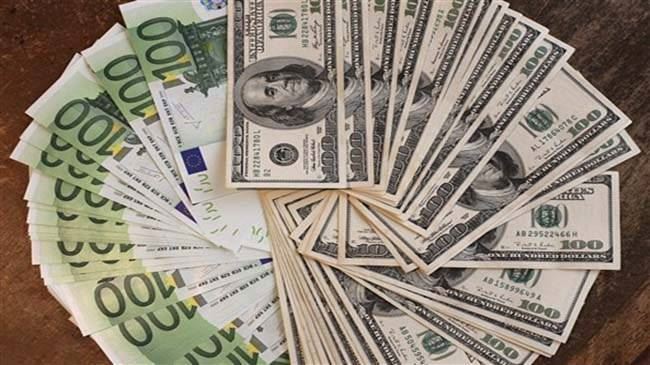

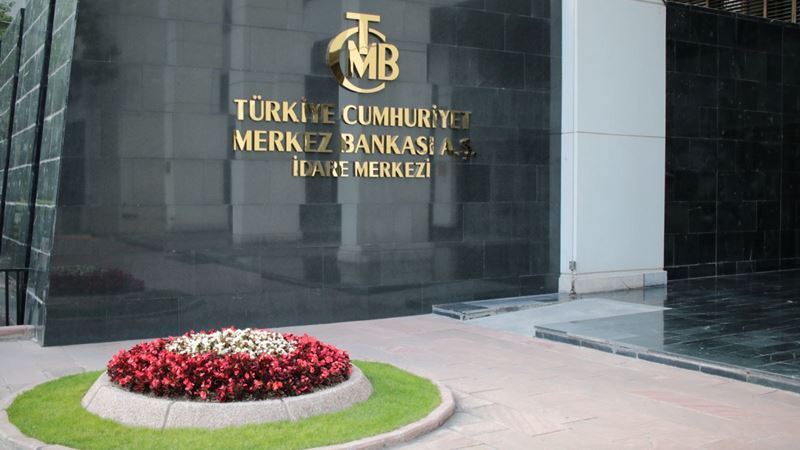
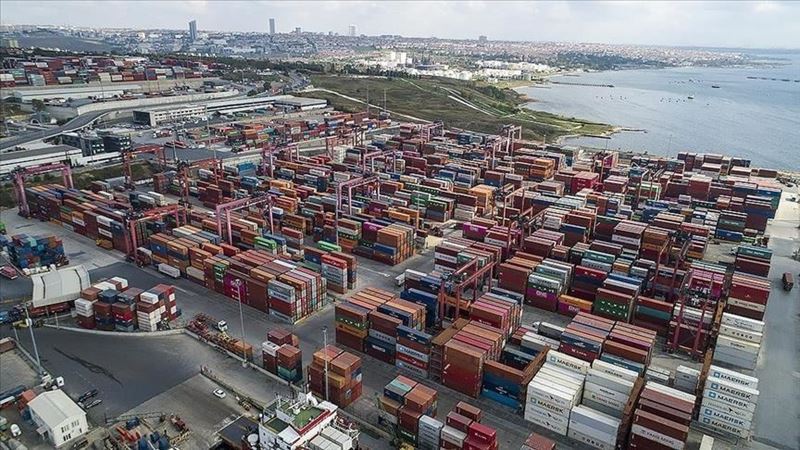
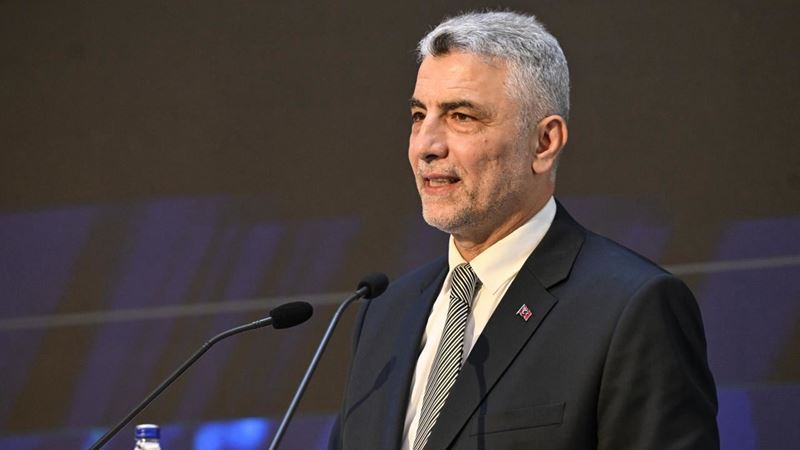
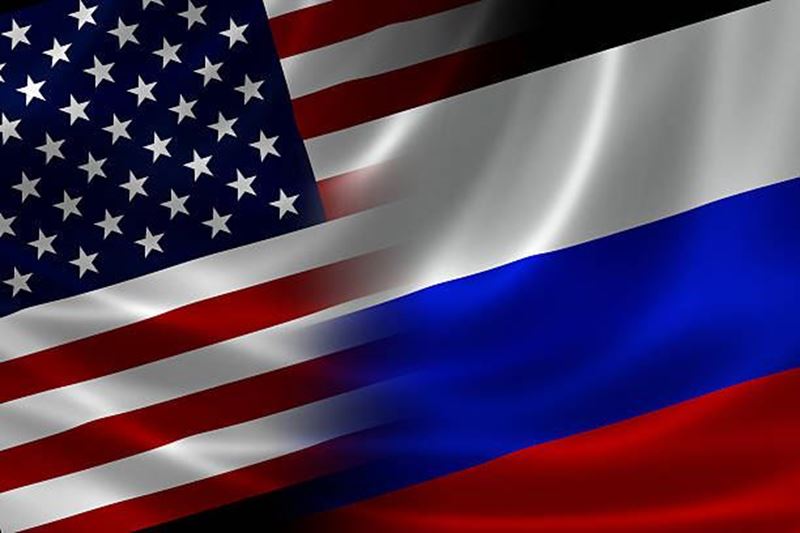



Comments
No comment yet.